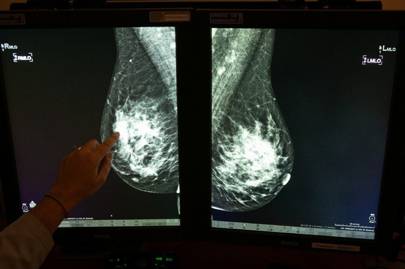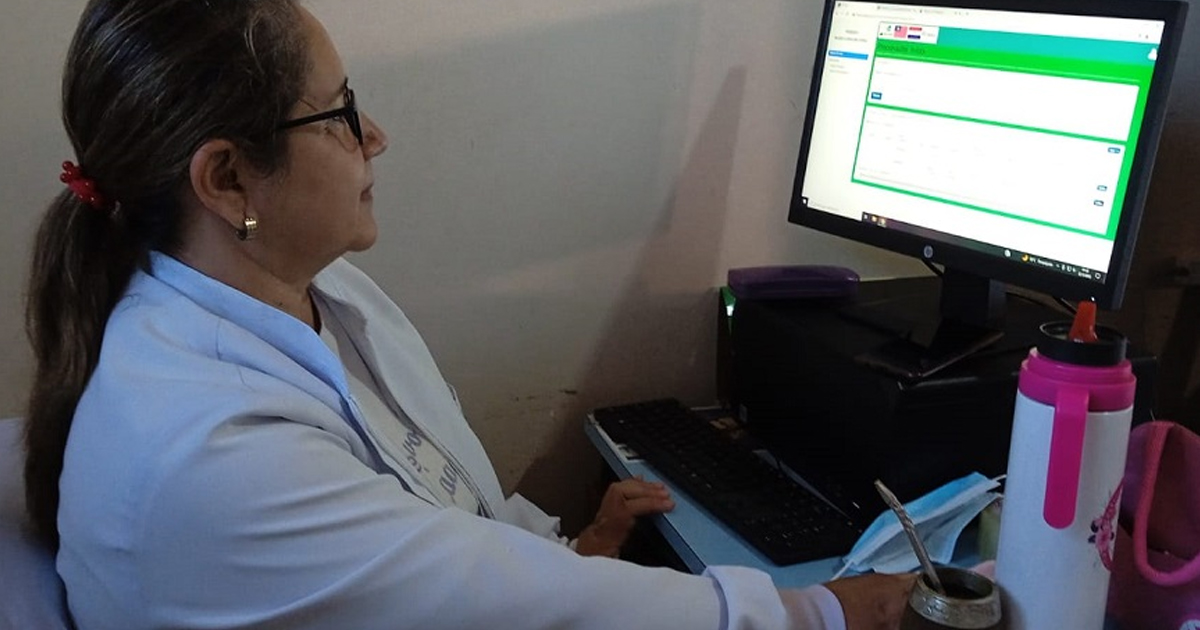The digital transformation has marked the direction of public health to new experiences and tools that collaborate so that the diagnosis, treatment and monitoring of diseases is perfected thinking about the increase in the quality of services.
The future of science is linked to the technological innovations proposed to support and accelerate the common work of the person. There is no going back and it only remains to manage the use that will be allocated to each machine depending on its conception and what they were designed for.
Strictly speaking, within the field of medicine, digital health has gained ground throughout the world to become a recurring and indispensable practice in every hospital and health center.
Discussions that point to ICTs as tools adopted in the exercise of health, find their focus on issues of ethics and substitution. And is that the question that floats, can machines replace and overcome the skills of human beings?
More than a subjective question, the question takes up an important point in digital health, Artificial Intelligence (AI).

This concept is sustained within the computer science, where based on algorithms programmed in the digital platforms, it is achieved that the devices acquire autonomy in the actions and decisions they take, guided by patterns stored in them; basically, they seek to imitate the human being to reduce time and effort.

AI can take care of the analysis of the data of each patient to contrast the diagnosis, identify patterns on the use of treatments, study a large database with great speed to know the behavior of chronic diseases by patient profiles, and develop The concept of personalized medicine.
With AI you will also have the possibility to visualize the trends in virus propagation with predictive indicators, these are some examples of the benefits that can be obtained with its use in the health sector.
Depending on the specialty - such as radiology, dermatology, ophthalmology, oncology, forensic medicine, etc. - interactions with Big Data will determine the efficiency of the results. For example, software may be able to detect signs of skin cancer by analyzing only the eyes, or a device may perform surgery without the intervention of medical personnel.
The crux of these new situations indicates that new digital health technologies, rather than replacing people, will become the right hand of doctors to avoid margins of error in the processes. What matters is to continue to reduce the inequality gap suffered by some sectors of society and make them have more access to health systems through the implementation of public policies for equal opportunities.
FIVE NEWS
https://www.cinconoticias.com/robots-medicos-especialidad-automatizar/amp/?__twitter_impression=true
PMFARMA
THE INTERACTIVE MEDIUM






